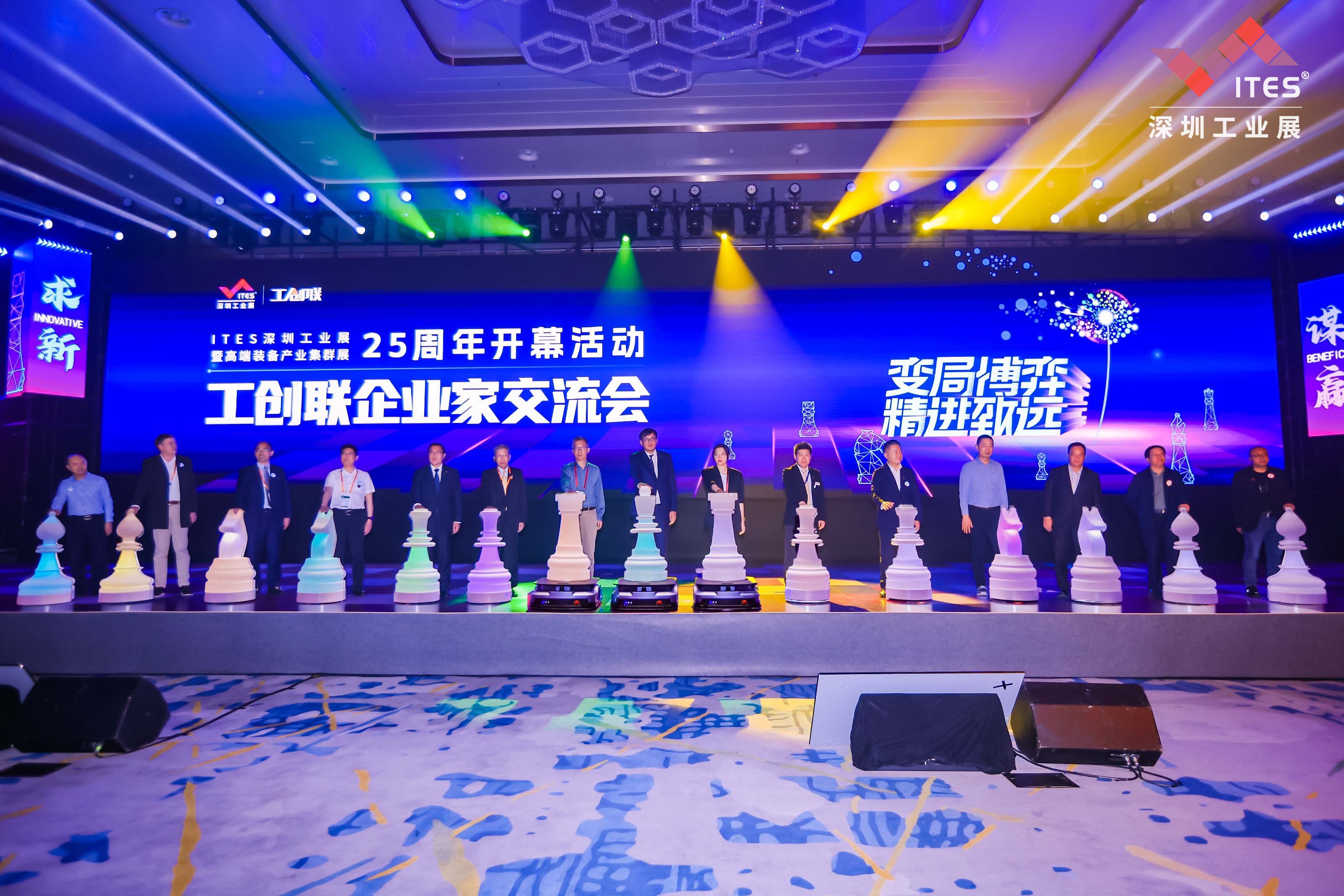Did you know that over 70% of businesses face legal disputes annually, with many stemming from inadequate registration practices? This staggering statistic highlights the critical importance of understanding ITES (Information Technology Enabled Services) registration within the legal landscape. As we delve deeper into this topic, it becomes clear how essential proper registration is for mitigating risks and ensuring compliance.
The Fundamentals of ITES Registration
ites registration serves as a foundational element in establishing a business’s legitimacy within the tech-driven economy. Legally, it encompasses various attributes such as adherence to local regulations, tax obligations, and intellectual property rights. Moreover, one cannot overlook its role in dispute resolution mechanisms; effective registration can significantly streamline processes when conflicts arise between parties. By clearly defining roles and responsibilities through proper documentation, businesses can avoid lengthy litigations.
The Role of Automation Fair in Dispute Resolution Mechanisms
automation fair plays a pivotal role in enhancing dispute resolution mechanisms associated with ITES registrations. Through automated systems designed to manage complaints efficiently, stakeholders benefit from quicker resolutions without compromising on fairness or transparency. These platforms utilize advanced algorithms to assess cases based on predefined criteria—ensuring that decisions are made swiftly while adhering to established legal frameworks. Consequently, automation not only reduces operational costs but also fosters trust among participants by minimizing human error.
Diving Deeper into ITES Characteristics in Dispute Resolution Mechanisms
The characteristics of ITES concerning dispute resolution mechanisms are multifaceted yet crucial for any organization operating within this domain. Primarily focused on efficiency and effectiveness, these mechanisms often incorporate alternative dispute resolution (ADR) methods such as mediation or arbitration tailored specifically for technology-related issues. Additionally, they emphasize confidentiality and flexibility—allowing parties involved to resolve their differences amicably without resorting to public litigation channels that could tarnish reputations.
Conclusion: The Importance of Robust ITES Registration Practices

In summary, understanding the intricacies surrounding ITES registration is vital for navigating today’s complex business environment effectively. Its implications extend beyond mere compliance; robust registration practices enhance an organization’s ability to handle disputes efficiently through well-defined mechanisms like automation fairs and ADR strategies specific to technology services. Ultimately, investing time and resources into solidifying your approach towards ITES registration will pay dividends by safeguarding your enterprise against potential conflicts down the line.

